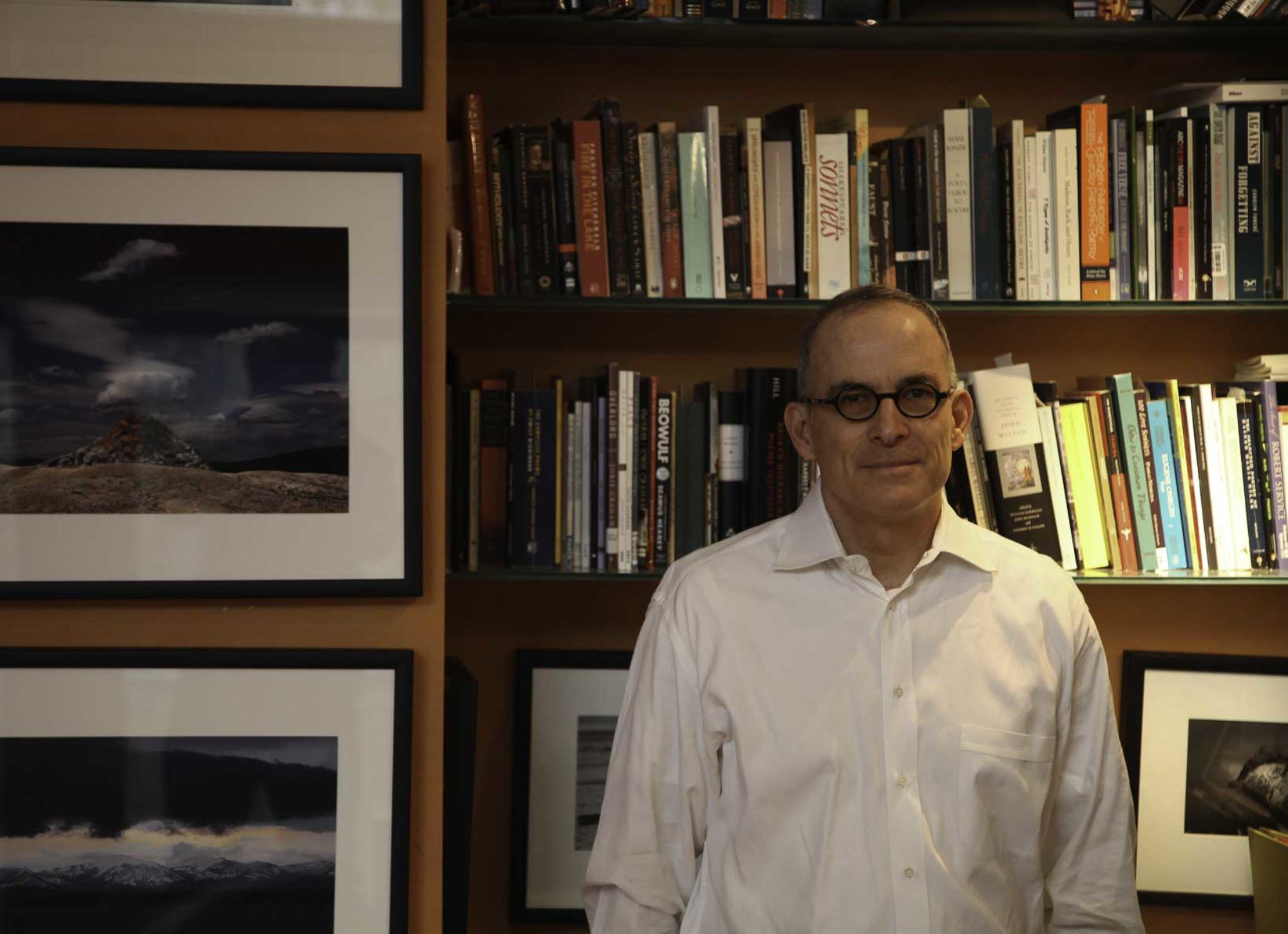The Trans-Pacific Partnership is either exactly what the country needs to aid innovation or will forever ensure that this country underperforms and becomes a laggard in technology. International Trade Minister Chrystia Freeland (University-Rosedale, Ont.) signed the major trade deal in New Zealand last week and has been trying to balance public skepticism of the 12-country deal, while also ensuring its major trading partners that the new Liberal government is pro-trade. The government said it will now consult Canadians on the deal before ratifying it. In the wake of the signing ceremony, innovation experts are either applauding the steps toward ratifi cation or condemning the move as something that will keep the United States as the top innovator, while forever limiting Canada’s abilities. Perhaps loudest of all critics—thanks to his high profi le due to making Research In Motion (now BlackBerry) a leading international innovator—is Jim Balsillie, who has written a couple of opinion pieces slamming the deal. “TPP will further solidify U.S. hegemony over global technology standard-setting, because harmonization entails adopting what the large sophisticated market decides. These standards entrench the profi tmaking abilities of companies who own the IP [intellectual property] embedded in them,” wrote Mr. Balsillie in a recent article for The Globe and Mail. He said Canada has little IP and lacks an innovation strategy to boost it. Without that, the TPP will further hinder that growth, he said. Mr. Balsillie’s commentary could not be further from the truth according to Richard Owens, a Toronto lawyer and an adjunct professor of law at the University of Toronto, and former executive director of the University of Toronto Centre for Innovation Law and Policy. “The reality is we’ve got a really good agreement here and it doesn’t deserve the kinds of public criticisms it’s had,” said Prof. Owens, who also wrote a paper for the Macdonald-Laurier Institute for Public Policy called Debunking Alarmism Over the TPP and IP. He said he found Mr. Balsillie’s arguments against the TPP to be “extreme” and they left him “baffl ed, puzzled.” “He made a number of factual assertions in his comments which were just wrong by and large about how the TPP would apply to Canada,” said Prof. Owens. “As far as innovation goes in Canada, we’re an exporting country. And we’re an exporting country with a growing technology economy. And being able to count on intellectual property protections in our trading partners across the Pacifi c Rim is only going to be to the better for Canadian innovators exploiting those markets. And I think that’s where the main benefi t to Canadian innovators comes in,” he said. “We’re really looking at the ability to trade with greater protection for our technology and our inventions and even our copyright protected content across the Pacifi c Rim.” Prof. Owens said that Canadian innovators are not the prey of bigger economies, but rather are capable of standing their own in a competitive global economy. “I think if we believe in our ability to trade and our ability to innovate—and we should—then it’s a no-brainer, then the TPP is exactly what we need,” he said. “From any reasonable economic perspective as well as intellectual property perspective, I would say we want to see this implemented as soon as possible.” Some experts agree with Mr. Balsillie, claiming that Canada does not have the necessary innovation infrastructure to properly compete with American companies. “We are agreeing to change our domestic rules to play a game that we are ill-equipped to play,” said Jeremy De Beer, a lawyer and professor of law at the University of Ottawa’s Centre for Law, Technology and Society. Noting the fall of BlackBerry and Nortel, he said when Canadian companies are on the edge of reaching the pinnacle of being a global leader in innovation, they collapse. “There doesn’t seem to be the ability to get a sustained Canadian presence in this space,” said Prof. De Beer. “Canadians are perfectly content to sell themselves or their ideas to foreign investors,” he said, and the challenge is how to get Canadians to develop their ideas here. Prof. De Beer said the TPP will widen the innovation gap in Canada, not help with a solution. Prof. Owens dismisses criticism of the deal and said that there is “undue pessimism from the nattering nabobs of negativity, which would lead us to undervalue ourselves and so refuse the agreement.” Prof. Owens acknowledged that Mr. Balsillie attracted a lot of attention because of his status as a business icon in Canada, but suggested he is misdirected on the topic of the TPP. “He certainly has a lot of prominence. If his superstardom is founded on his opinion leadership it’s going to fade pretty quickly,” said Prof. Owens. news@

Intellectual Property and Innovation Law and Policy
Richard C. Owens